Fejos Postdoctoral Fellow: Spensy Pimentel
Our film is the result of an ethnographic and participatory action-research process in Southern Bahia that has been taking place since 2015, when I arrived in the region to work at the Universidade Federal do Sul da Bahia (UFSB). Previously, I had carried out research, up to my doctorate at the Universidade de São Paulo (USP), in 2012, with the Kaiowá and Guarani from the border region with Paraguay. Together with these indigenous people, I had produced the films “Mbaraka – A palavra que age” (“Mbaraka – The Word that Acts” – 2011) and “Monocultura da Fé” (“Monoculture of Faith” – 2018).
“Second of July: Reclaiming our History” was made in close partnership with Joana Moncau, with whom I already worked on “Monoculture of Faith”. Since 2020, Joana has been part of Zungu, a documentary filmmakers’ cooperative that brings together people in Spain and Greece. As these partners were in Salvador in July for another filming, it was possible to carry out some recordings with their participation. We also work on some occasions with partners from the Teia dos Povos Communications Team, an organization that we will explain below. Bernard Belisário, another partner who had already collaborated on filming in 2019 and 2020, was unable to participate in the recordings in 2023 due to charges incurred at UFSB.
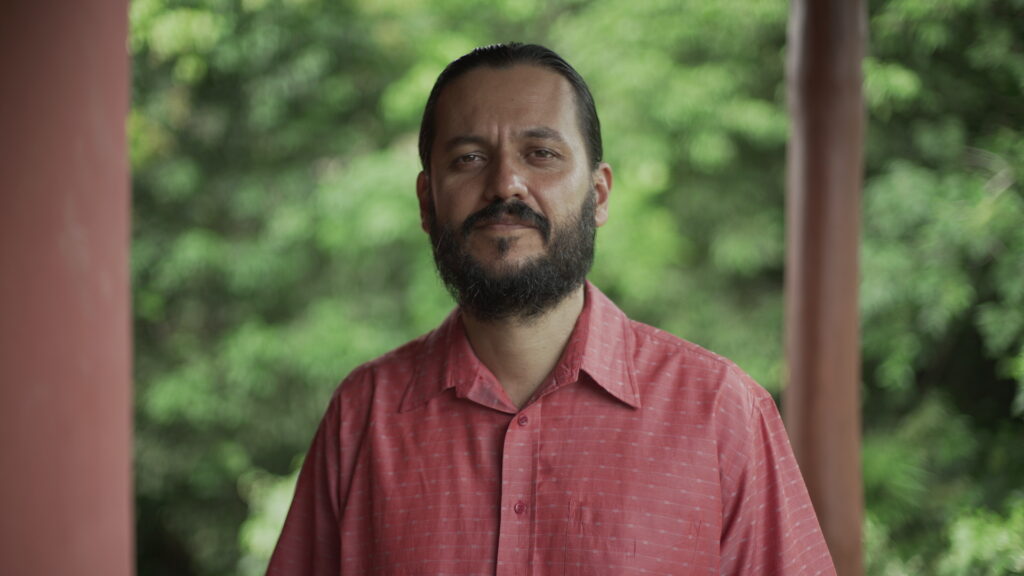
In the south of Bahia, I accompanied, on different occasions, several groups that have been discussing this dimension of Afro-indigenous alliances. For our film, in response to comments from the project’s evaluators, forwarded by WGF, we chose to focus the narrative on the peasant leader Joelson Ferreira, who acts in the film as a guide for the viewer, during the various actions that will be followed.
Joelson, who co-produced the film with us, is one of the main organizers of the coalition of social and ethnic movements known as Teia dos Povos (Web of Peoples). He is also one of the leaders of the Terra Vista Settlement, in Arataca (BA), 384 kilometers from Salvador, the state capital. He is one of the founders of the Movimento dos Trabalhadores Rurais Sem Terra (Landless Rural Workers Movement – MST), the best-known social movement in Brazil, one of the largest in Latin America. About two decades ago, he began dedicating himself to agroecology and, 12 years ago, he was one of the creators of Teia dos Povos.
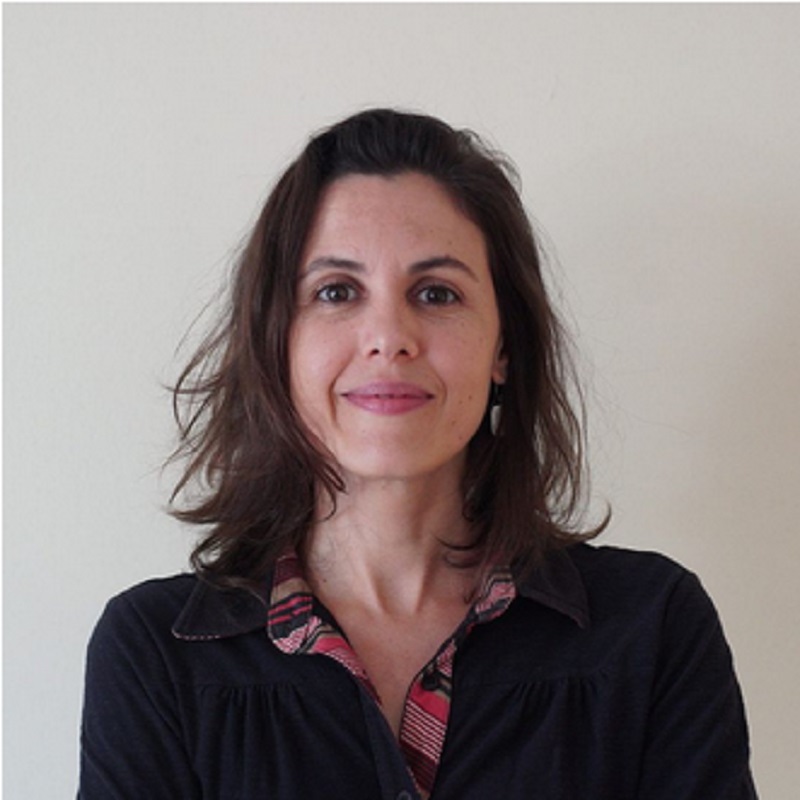
Throughout the film, viewers will follow Joelson and his interlocutors, belonging to different quilombos, indigenous villages and other communities in southern Bahia, during various activities that took place during 2023. Together, during this year in which the bicentenary of Bahia’s Independence was celebrated , they carried out several reflections on the meaning of this anniversary and how the struggles they experience today can be thought of in relation to this date.
This is a politically ambiguous moment in Brazil. At the same time that the country experienced great relief due to the defeat of a fascist project during the 2022 elections, black and indigenous populations remain under strong tension, because, at a local level, the threats that have been experienced by them in recent years remain strong: several of the communities we will meet in the film are threatened with eviction, due to the political tensions that remain in the country, resulting from pressure exerted by the Legislative branch. Community leaders remain threatened, and the courts continue to hesitate in effectively guaranteeing the demarcation of community lands.
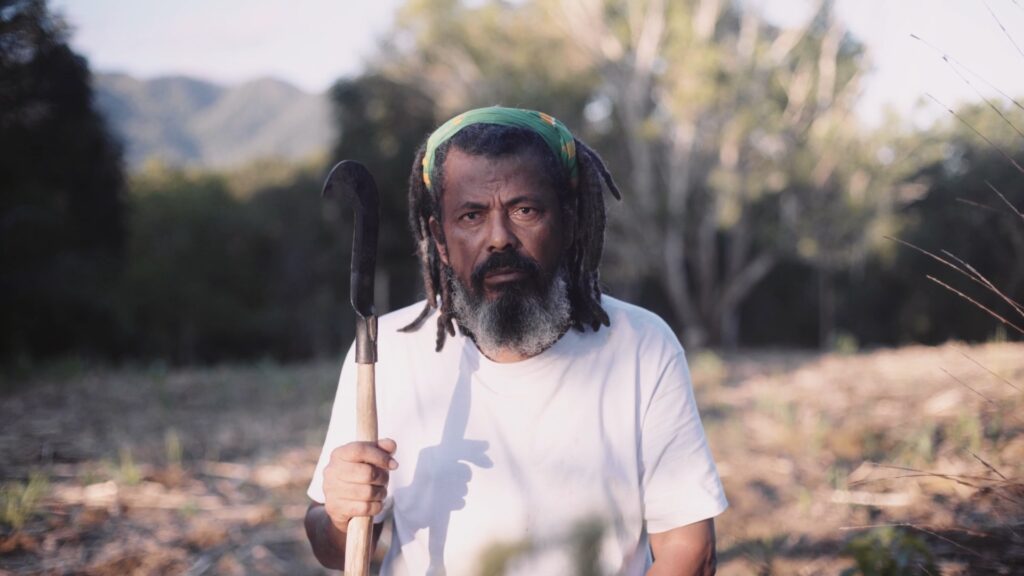
Thus, in southern Bahia, the region where Brazil began as a colonization project 500 years ago, black and indigenous communities were divided between celebrating a victory in the popular struggle that effectively guaranteed the consolidation of the country’s independence , 200 years ago, and the realization that this independence, in practice, has not yet been fully realized for them today.
The fierce struggles that took place in Salvador and Recôncavo, in Bahia, between 1822 and 1823, were in fact the true consolidation of Brazil’s independence, as the Portuguese troops who had moved there after Dom Pedro’s declaration were firmly determined to make the city its new capital and keep the richest regions of Brazil, in the Northeast and North, under Portuguese government. As historian Laurentino Gomes points out, the war for independence in Brazil was, possibly, the one that brought together the greatest popular mobilization in all of Latin America, and Bahia was the epicenter of this struggle.
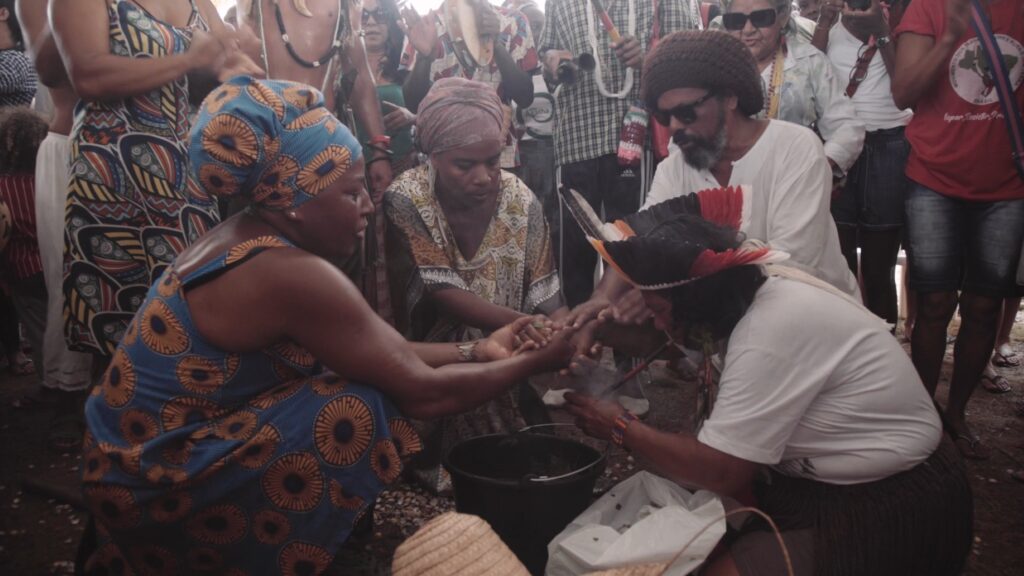
During the period in which we had the support of the Wenner-Gren Fund, throughout 2023, we carried out new filming and/or production sessions, added to the material we had filmed between 2019 and 2020. In total, there were around 43 days of additional recording , including visits to three quilombola communities, three indigenous villages, two Candomblé terreiros, an agrarian reform settlement and the historic cities of Salvador, Itaparica and Cachoeira, important points for the Independence process in 1823.
In addition to the more evident political dimension, the film has other interfaces, very representative of the environment experienced by black, indigenous and peasant communities in southern Bahia. First, political environments in communities are deeply musical. There is no meeting that does not involve music and dancing. Indigenous torés, capoeira litanies, Candomblé songs, sambas de roda, and even songs from Brazilian popular music are present in almost every scene. Songs, as we know, are instruments of communication with the Orixás, the Nkisi, the Enchanted (Encantados), and this is the (cosmo)political dimension that is outside the field of several of our scenes. These entities, after all, are summoned and attend several of the meetings that we document.
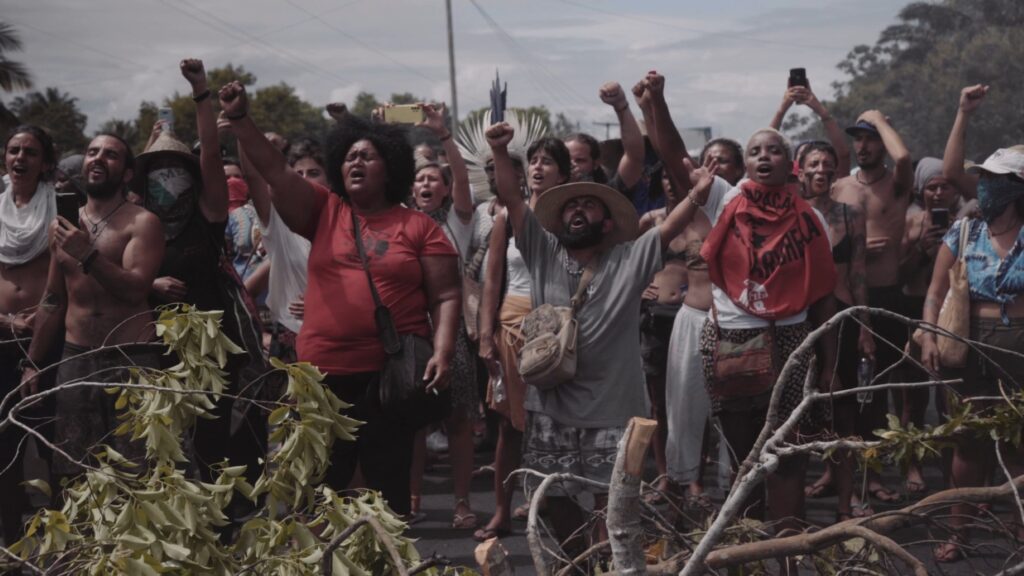
Furthermore, our film is a tour of several of the biomes of Bahia, a state with extreme biodiversity. From the Atlantic Forest and its cocoa plantations to the mangroves and beaches of Baixo Sul, Recôncavo and the island of Itaparica, the camera highlights the natural riches that have been the target of foreigners’ greed for more than 500 years.
During the completion of the film, connections with the Teia dos Povos Communications Team were revived. The Bahian journalist and musician Rafique Nasser, who has been a Teia activist for several years, gave us the instrumental versions of several of his compositions for the soundtrack, and the artist companheiro sonho collaborated with the graphic design.
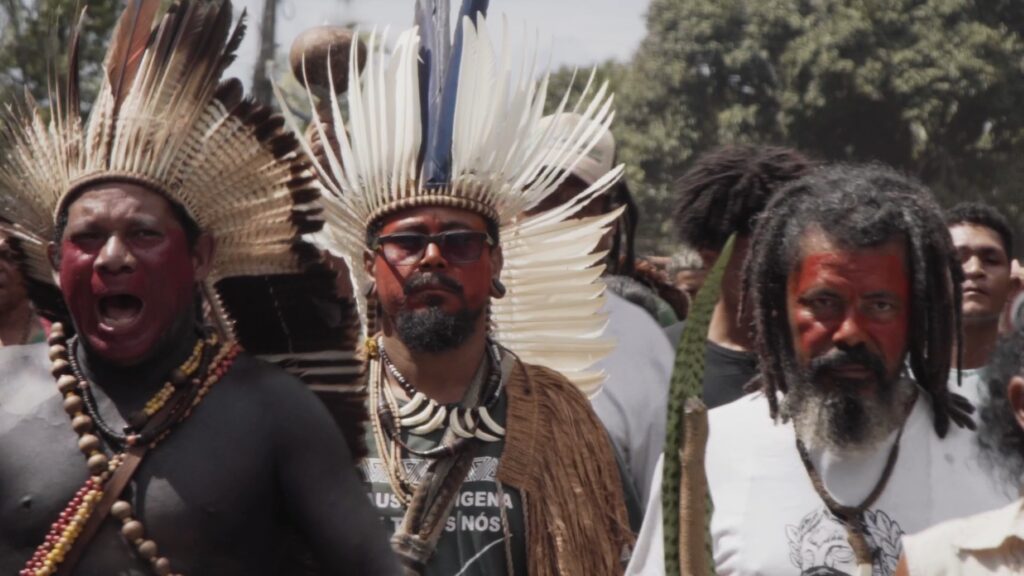
The film is currently finished. The release calendar must include the film’s showing on TVE Bahia, a public TV channel that has been our partner in other projects. After being shown on TVE, it is expected that other public TV channels in the country will become interested in the film, showing it in other states. For the launch and dissemination on the internet, we will wait for the definition of the broadcast on TV, which should take place on a date close to the Second of July.
Wenner-Gren’s support was essential for the film’s execution. Without this aid, we would not have achieved the necessary agility to record the heat of the debates associated with the bicentenary of the 2nd of July nor to finish the film in time to show it on TV, without ceasing to be associated with the political moment.
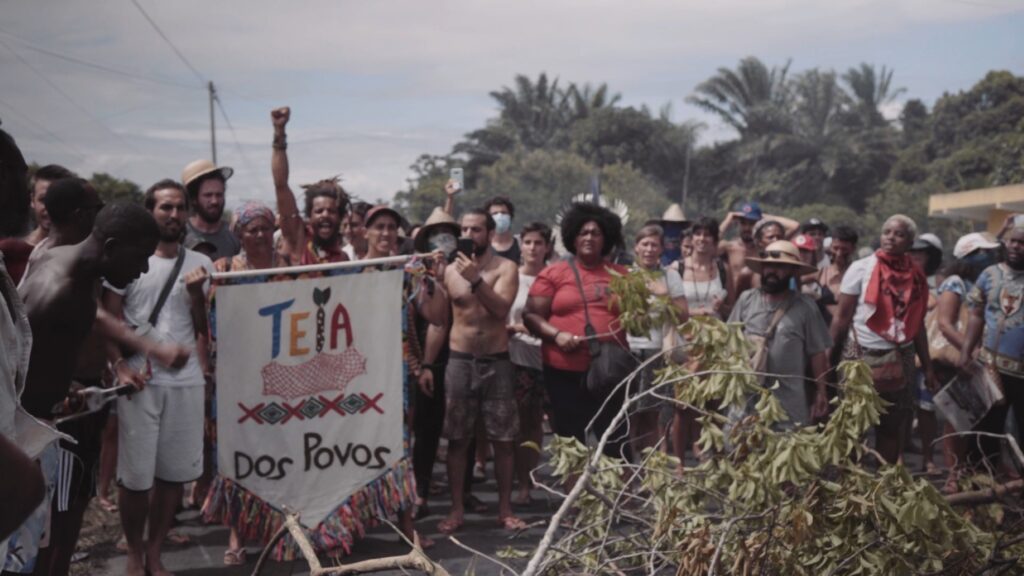
It is also worth saying that Joelson’s commitment to the film, as co-producer, indicates that the work will be widely circulated. Joelson has been in great demand by universities across the country, due to the recent publication of his book “Por Terra e Território” (“For Land and Territory”). He received the title of renowned knowledge (notório saber) from the Universidade Federal de Minas Gerais and, this year, he will be a visiting professor at the Universidade Federal da Bahia, in Salvador. We intend to do one of the pre-releases of the film in one of his classes. This will enhance the film’s impact on the public debate in Bahia.